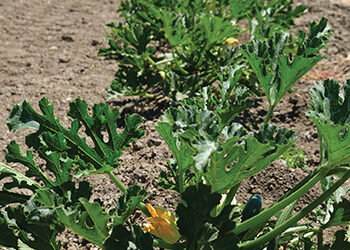Not too long ago during yoga training, a teacher said that nearly everyone has experienced trauma. She went on to state that even the rare person who hadn’t has now, thanks to the global pandemic.
It’s true for stress too.
We live in a culture that holds stress in high regard. Busy is better than relaxing. Long to-do lists are a mark of achievement, and we measure our worth by how much we accomplish.
We’re chronically stressed, and our health is suffering.
Medical research indicates that as much as 90 percent of illness and disease is stress-related. The American Psychological Association’s report “Stress in America 2021” illustrates the added impact the pandemic has on our stress level, calling it a “secondary pandemic health crisis.” We’re gaining weight, drinking more and feeling worse.
Managing stress takes a commitment to building resilience, buy you may actually enjoy it.
Step One
Get to know your allostatic load
Allostatic load is the cumulation of wear and tear on your body as a result of chronic or repeated stress. Your total load is the result of the big things (good and bad) like a car accident, global pandemic, planning a wedding, etc as well as ongoing (sometimes smaller) things like exposure to mold, lack of exercise, air pollution, loneliness, and poor nutrition. The American Institute of Stress has a helpful inventory at www.stress.org/holmes-rahe-stress-inventory.
Step Two
Get to know your triggers
Practice observing yourself. What sets you off and what might you do to change it? When I was commuting daily, I found myself getting angry most mornings as I tried to get from my house to my car. I was juggling a purse, a gym bag, lunch, coffee, a water bottle and breakfast. Inevitably I would drop or spill something, or get my hair (or hand) caught in something. Once I started using a bag to carry everything, that stressor went away and mornings were better.
Try keeping notes to provide insight — paper and voice notes on your phone are both great. Use what works for you.
Step Three
Make changes
Now that you know your stress load and triggers, and may have fixed a few small ones, it’s time to slowly add in some bigger changes.
• Find more triggers to adjust, implement changes one or two at a time. Give them time to become habits before you start the next one.
• Decrease your allostatic load with cleaner options. Replace plastic water bottles with stainless steel, switch one item in your makeup bag for a natural or organic product, or change out a toxic cleaning product for a natural one.
• Address bigger triggers you can remove or adjust. Career change in order? Then start the process by updating your resume and talking with your professional network.
• Get more sleep.
• Add vegetables to your diet. Try adding spinach to your morning eggs or smoothie and frozen bagged organic veggies to soups and stews (homemade, canned or restaurant leftovers).
Shari is a certified integrative nutrition health coach with advanced training in gut health, a 20-year student of herbalism and an artist working in mixed media and metals. She will soon also be a certified yoga and mindfulness instructor.



